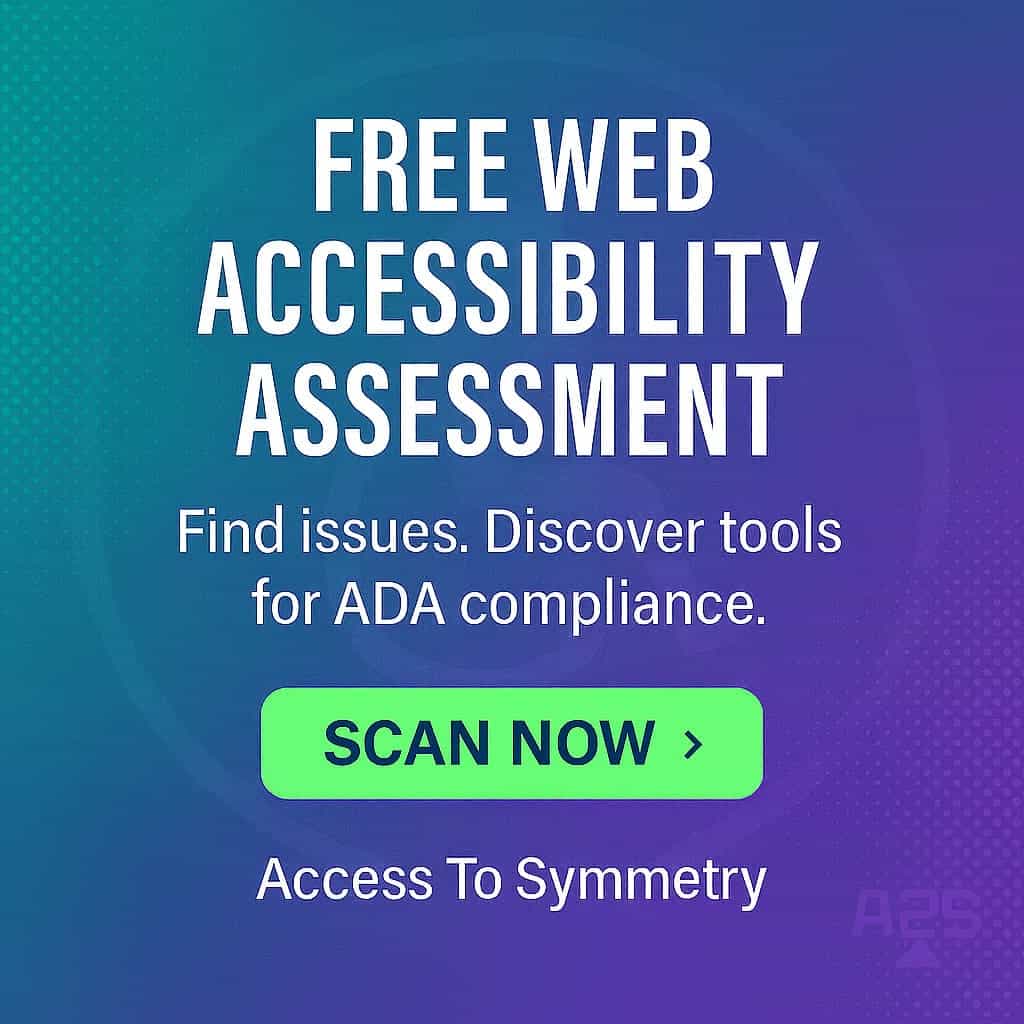Unlocking Digital Doors: The Vital Role of Accessible Websites in Fostering Inclusion and Equitable Access
Imagine receiving a warm invitation to a dinner gathering. You’re excited to join, and the host specifically asks you to enter through a certain door. However, upon arriving, you find that the door is locked, leaving you stranded outside in the cold. Meanwhile, others who were directed to a different door breeze in without any trouble. This scenario illustrates the frustration and isolation that individuals with disabilities can feel when faced with inaccessible websites.
This situation parallels the importance of accessible websites. They serve as the unlocked door that allows everyone to enter the digital space with ease. Just as the host’s guidance should lead to a seamless experience for all guests, accessible websites ensure that everyone, including those with disabilities, can navigate, engage, and access the content effortlessly.
The essence of inclusivity lies in equal access – an accessible website provides a pathway for individuals with disabilities to explore information, products, and services without discrimination. Just as the locked door excluded you from the dinner, an inaccessible website can exclude individuals from the digital landscape, hindering their opportunities and participation.
Think of accessible websites as a means to create a level playing field in the digital world. They not only prevent exclusion but also broaden your potential audience, just as an open door would welcome all guests to the dinner gathering. From a legal and ethical standpoint, embracing accessibility standards, like the WCAG guidelines, is not only a requirement but a responsibility to uphold an inclusive digital environment.
Moreover, an accessible website enhances the experience for everyone. Just as clear directions and a welcoming atmosphere make a dinner enjoyable for all attendees, a well-structured, user-friendly website benefits all users, regardless of their abilities. This positive user experience leads to better SEO performance and bolsters your brand’s image, much like the pleasant memories shared after a successful gathering.
Remember, when the door to your website is accessible, it empowers users with disabilities to explore independently, much like being able to enter a warm room on a cold night. By prioritizing accessibility, you’re not just complying with standards – you’re fostering empowerment, independence, and innovation. So, just as a considerate host ensures everyone can join the gathering, let your website’s accessibility be a beacon of inclusivity in the digital landscape.











